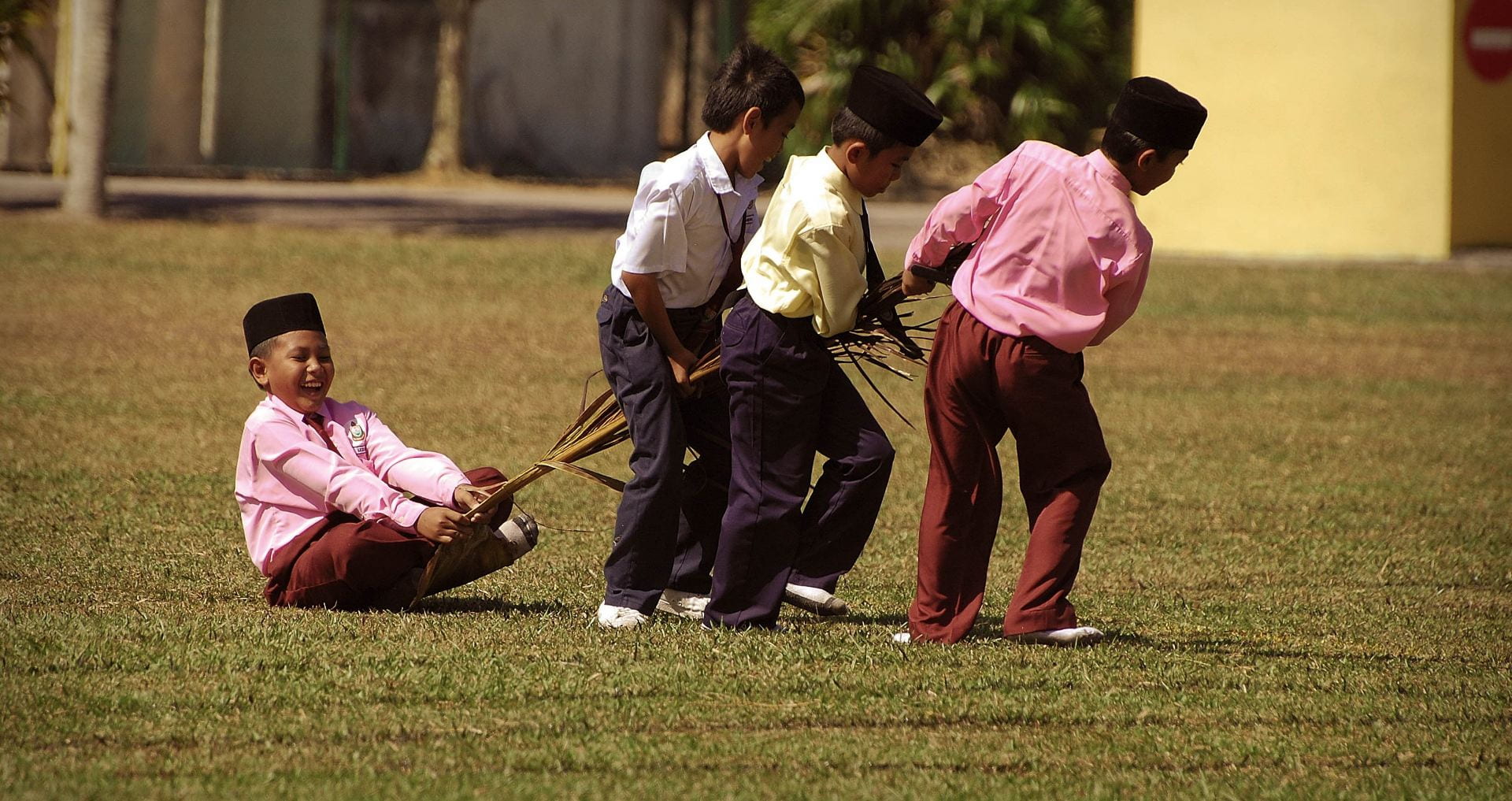ABOUT OUR PROJECT
South Asia possesses significant amount of genetic diversity due to considerable inter-population differences in culture and language. There have been numerous reports on the genetic structure of Asian Indians although these have mostly relied on genotyping microarrays or targeted sequencing of the mitochondria and Y chromosomes.
Asian Indians in Singapore primarily are descendants of immigrants from Dravidian-speaking states in south India, and 38 individuals from the general population underwent deep whole-genome sequencing with a target coverage of 30X as part of the Singapore Sequencing Indian Project (SSIP). The genetic structure and diversity of these samples were compared against samples from the Singapore Sequencing Malay Project and populations in Phase 1 of the 1000 Genomes Project (1KGP). SSIP samples exhibited greater intra-population genetic diversity and possessed higher heterozygous-to-homozygous genotype ratio than other Asian populations.When compared against a panel of well-defined Asian Indians, the genetic makeup of the SSIP samples was closely related to south Indians.
However, even though the SSIP samples clustered distinctly from the Europeans in the global population structure analysis with autosomal SNPs, nine samples were assigned to mitochondrial haplogroups that were predominantly present in Europeans and possessed higher European admixture than the remaining samples. An analysis of the relative relatedness between SSIP with two archaic hominins (Denisovan, Neanderthal) identified higher ancient admixture in East Asian populations than in SSIP. The data resource for these samples is publicly available and is expected to serve as a valuable complement to the South Asian samples in Phase 3 of 1KGP.

Supplementary
Download
Sequencing Platform
- Illumina HiSeq 2000
- Target coverage of 30-fold
- Paired-end sequencing
- 100 base-pairs (bp) read length
- Target insert size of between 300 and 400bp
SSIP Samples
- 38 subjects ( 12 males and 26 females) from the Singapore Population Health Study
Data Release Policy
Please cite the following publication(s) if you are using the data in any publication:
- Lai-Ping Wong, Jason Kuan-Han Lai, Woei-Yuh Saw, Rick Twee-Hee Ong, Anthony Youzhi Cheng, Nisha Esakimuthu Pillai, Xuanyao Liu, Wenting Xu, Peng Chen, Jia-Nee Foo, Linda Wei-Lin Tan, Seok-Hwee Koo, Richie Soong, Markus Rene Wenk, Wei-Yen Lim, Chiea-Chuen Khor, Peter Little, Kee-Seng Chia, Yik-Ying Teo, Insights into the Genetic Structure and Diversity of 38 South Asian Indians from Deep Whole-Genome Sequencing, PLOS Genetics.
Acknowledgements
We acknowledge the support from the National Research Foundation (NRF-RF-2010-05) and the Singapore Biomedical Research Council (05/1/21/19/425 and 11/1/21/18/678). The funders had no role in study design, data collection and analysis, decision to publish, or preparation of the manuscript. We also acknowledge the support of the Yong Loo Lin School of Medicine, the National University Health System, the Life Sciences Institute and the Office of Deputy President (Research and Technology) from the National University of Singapore.
